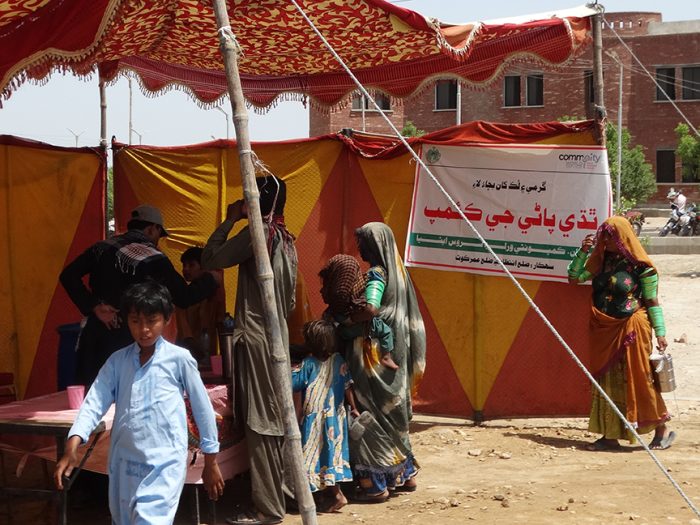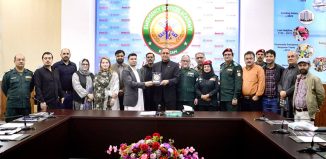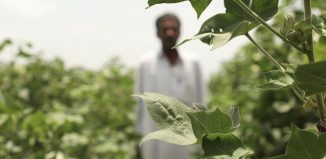Scorching Surge: Sindh and Punjab on High Alert as Heatwave Temperatures Soar
The National Disaster Management Authority (NDMA) on Thursday warned that extreme heatwave conditions would persist across parts of Sindh and Punjab in June, with temperatures likely to remain above 48 degrees Celsius.
The authority’s National Emergency Operations Centre said that Umerkot, Tharparkar, Tando Ala Yar, Matiari and Sanghar districts in Sindh are expected to be affected, while in Punjab, Rahim Yar Khan and Bahawalpur are most likely to experience heatwave conditions.
In its advisory, NDMA also said that from May 31 to June 5, dust storms, gusty winds and light rain are also likely to occur in the upper regions of the country.
Extreme Weather Conditions
On Thursday, harsh weather conditions persisted across the Sindh province, even though temperatures dropped in most cities.
The Met Office recorded the maximum temperature in Jacobabad at 50.5°C, followed by Dadu at 49°C . Except for Karachi, which barely missed the mark with a high of 39.5°C and 63 per cent humidity, all other cities in the province registered temperatures above the 40 degree-mark.
Severe heatwave conditions persist across most parts of the province with daytime maximum temperature being 6-8 degrees above normal in Dadu, Kambar Shahdadkot, Larkana, Jacobabad, Shikarpur, Kashmore, Ghotki, Sukkur, Khairpur, Naushahro Feroze, Shaheed Benazirabad districts and 5-7 degrees above normal in Sanghar, Hyderabad, Mitiari, Tando Allah Yar, Tando Mohammad Khan, Mirpur Khas, Umerkot, Tharparkar and Badin districts.
The heatwave conditions are likely to persist till June 1st.
Warning the authorities to remain alert and take necessary measures, the NDMA advisory urged citizens to stay hydrated, avoid outdoor activities between 11am and 3pm.
Many labourers from remote areas travel daily to cities for work, but the current heatwave has severely disrupted their livelihoods pattern and led to worsening health conditions. The extreme heat makes commuting difficult.
The heatwave has also impacted people staying at home, as inconsistent electricity and lack of cooling options limit their ability to cope with prolonged heat stress. The ongoing hot and dry weather is stressing water reservoirs, crops, vegetables, and orchards, while also increasing energy and water demand, which is difficult to manage during the current crisis.
Community World Service Asia’s Response:
Community World Service Asia (CWSA), in collaboration with district authorities, has established a heatstroke centre/camp at the District Headquarters (DHQ) Hospital in Umerkot. The CWSA team initially launched their services by providing cold drinking water, conducting awareness sessions, and referring heatstroke patients to the DHQ. These awareness sessions are delivered directly to pedestrians, patients, and their attendants, messages to prevent heat strokes and raise awareness on precautionary measures are also broadcasted over speakers for public awareness. Every day, more than 1,000 people visit the centre to quench their thirst, as there is no fresh water facility available nearby to them. People not only come to drink water but also carry some back for family members or relatives who are hospitalised at the DHQ. So far, 20 critical patients have been referred to the emergency department after receiving initial treatment.
The CWSA health team has set up heatstroke corners at each public dispensary operated by CWSA to manage emergency cases and serve patients visiting from nearby villages seeking urgent medical services in the extreme heat. The team provides cold drinking water, first aid, ORS, and glucose sachets to visitors seeking medical care.
With additional support, CWSA also plans to establish three heatwave facilitation centres for three months in Umerkot district which will offer clean, cold drinking water, juice and shaded rest areas. Each centre will have generators, pedestal fans, stretchers, necessary furniture, basic medical equipment, and medicines. Two Lady Health Visitors (LHVs) and two medical technicians will rotate among the centres. The paramedic staff will perform emergency procedures such as checking blood pressure, administering medications, clearing airways, and initiating IVs if necessary. They will also apply cold bandages or towels to reduce body temperature. Critical patients will be referred to the nearest healthcare facility, with transportation provided.
These centres will also distribute informational, educational, and communication (IEC) materials to raise awareness about heat-related illnesses. The centres will operate throughout the peak summer months until the end of August.
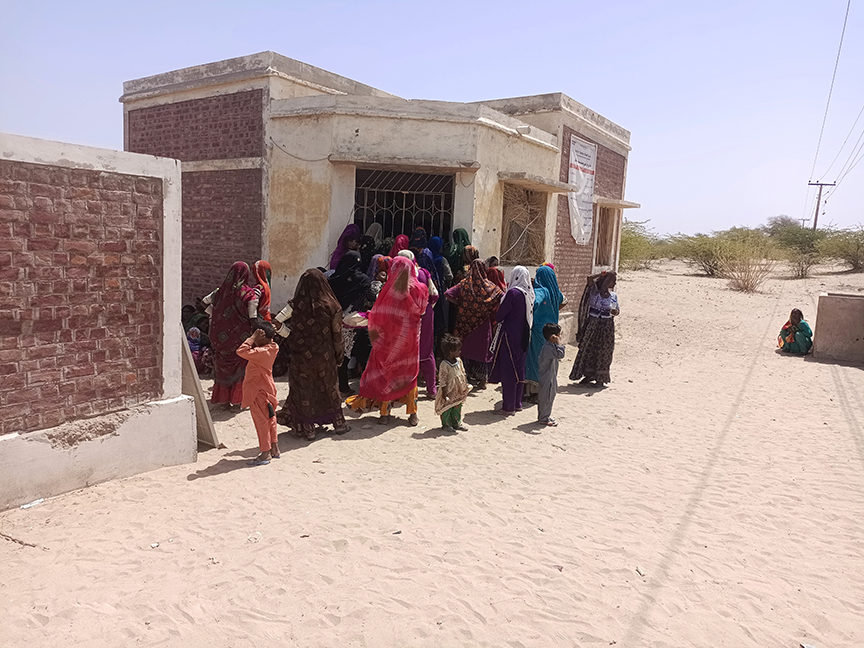
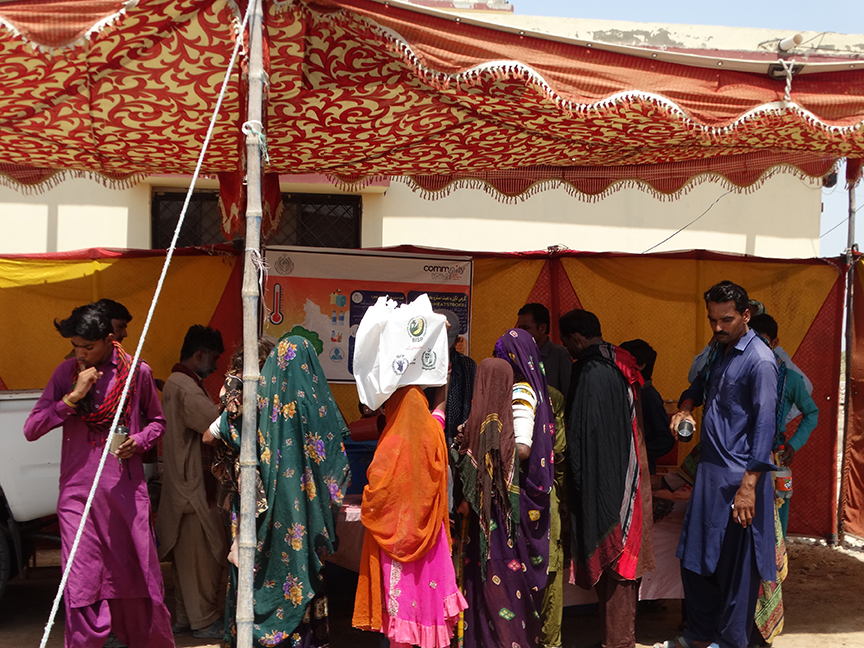
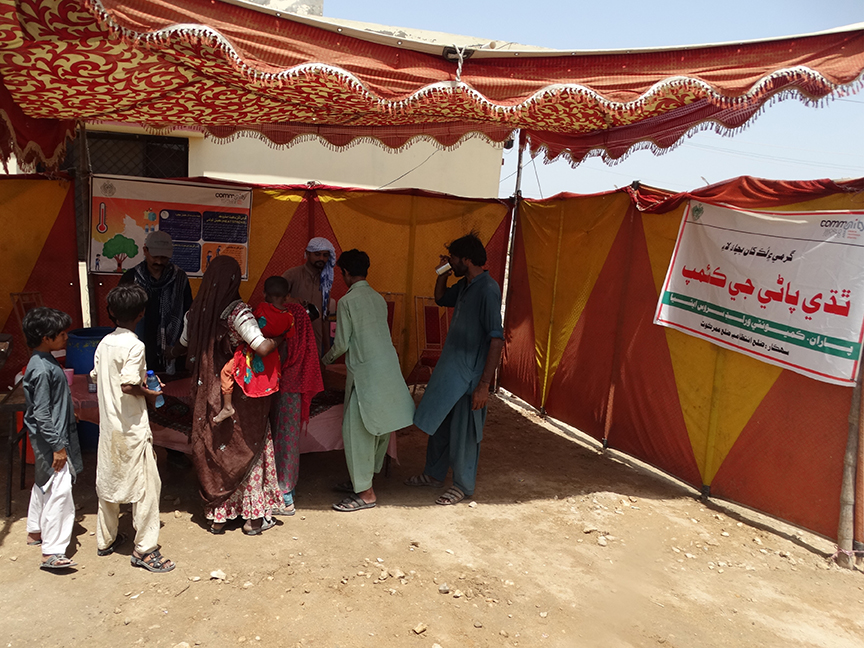
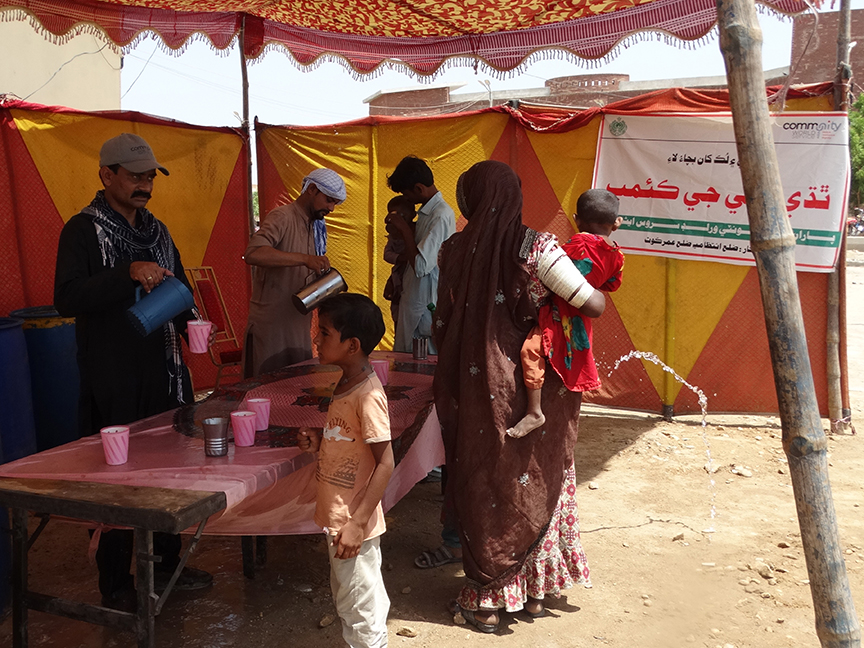
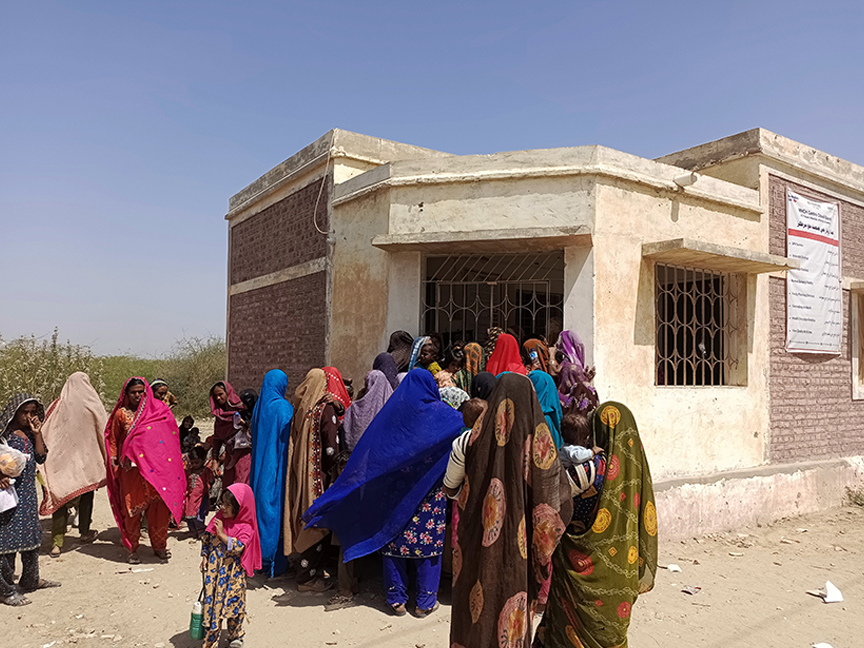
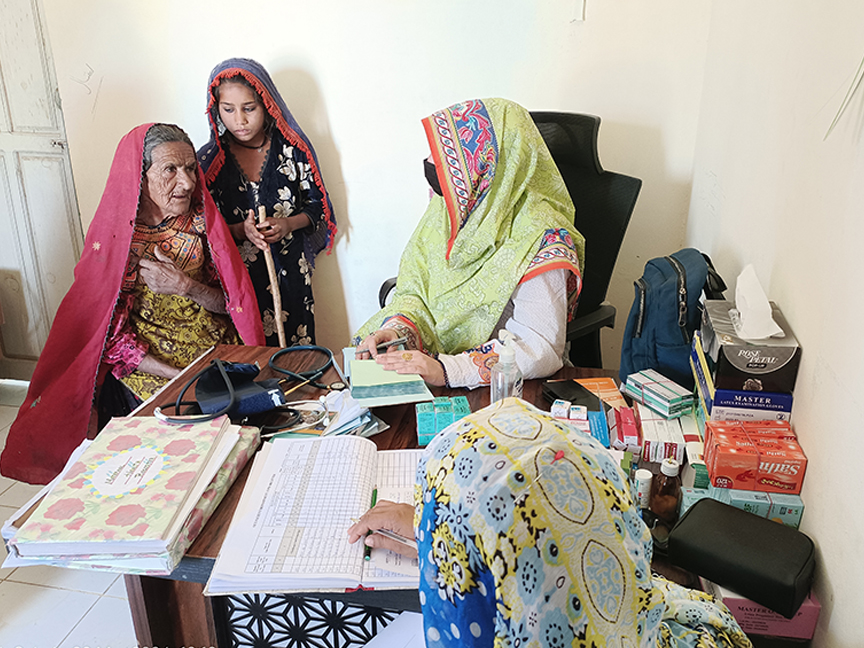
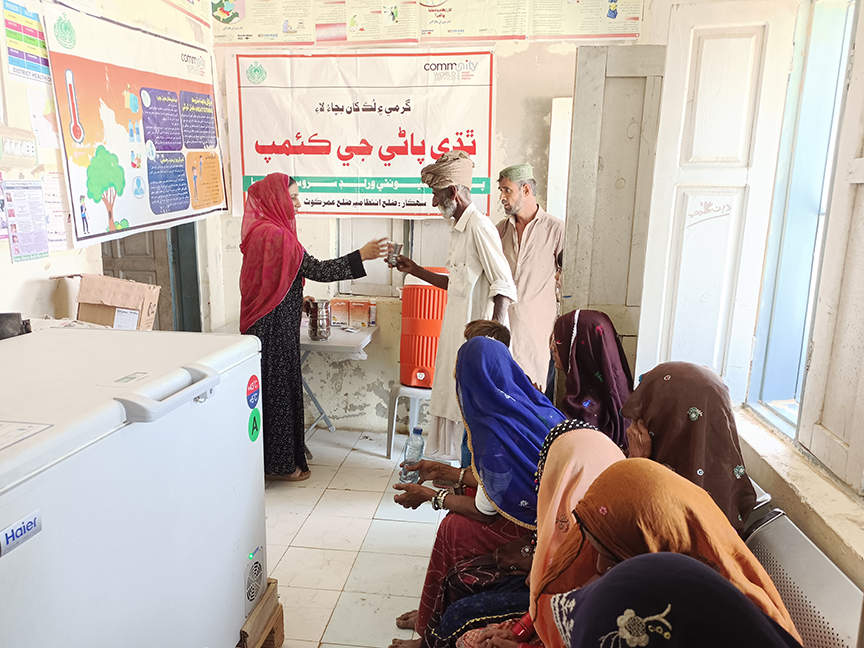
Contacts:
Shama Mall
Deputy Regional Director
Programs & Organisational Development
Email: shama.mall@communityworldservice.asia
Tele: 92-21-34390541-4
Palwashay Arbab
Head of Communication
Email: palwashay.arbab@communityworldservice.asia
Tele: 92-21-34390541-4
Sources:
Relief Web
NDMA
Pakistan Metrological department
Dawn





